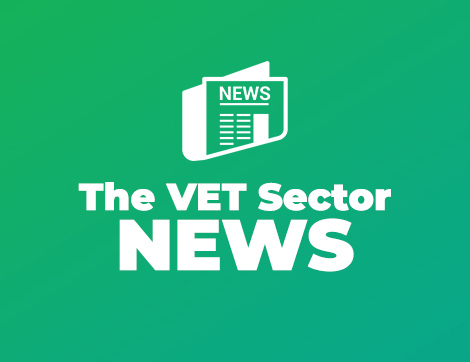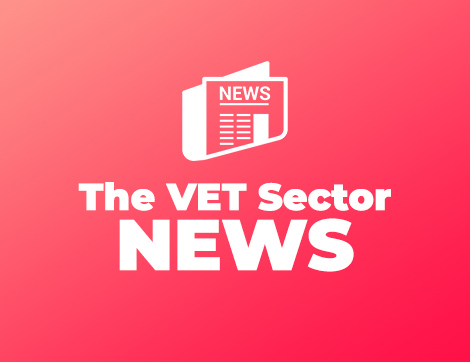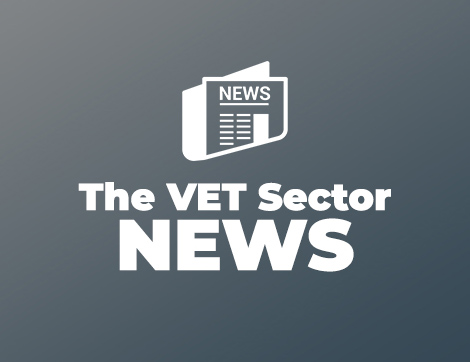For more information, please visit:
Higher Education:
It is an unfortunate sign of the times that this summit is being held virtually, like so many other things at the moment.
Large parts of the country are in lockdown, internal borders are closed, and families can’t travel to see loved ones.
For our universities, I know many campuses are empty and staff are working from home.
For more information, Click here.
Vocational education and training:
Widespread school closures affected over one billion students during the first year of the COVID-19 pandemic. The vocational education and training (VET) sector has faced particular challenges during the crisis, most notably the fact that the digital learning environments that most education institutions had to rely on during closures don’t work as well for practice-oriented learning – a core component of VET instruction – as they do for academic learning. This report looks at comparative statistics and policy information collected by the OECD across a number of education systems to track the impact of the pandemic on the VET sector.
For more information, Click here.






